Andre the giant
Plus, 'Reacher' returns, 'The Crown' says goodbye, 'Doctor Who' welcomes Ncuti Gatwa, and more
This week’s What’s Alan Watching? newsletter coming up just as soon as I negotiate with a man named after a breakfast pastry...
RIP, Andre Braugher
Andre Braugher is gone. At 61. Days later, I still can’t believe it. What a talent. What a voice. What an unusual career arc, where he began by delivering one of the greatest dramatic performances in TV history, as Homicide: Life on the Street cop Frank Pembleton, then in the second half of his career pivoted into comedy and was as funny as anyone around while playing Raymond Holt on Brooklyn Nine-Nine. I feel like I’m writing way too many tributes lately, but I couldn’t let this terrible news pass without trying to capture what made him a TV legend.
In that story, I write about a Homicide Season Two scene where Pembleton all but hypnotizes a murder victim’s friend into confessing to the crime, even though both know he didn’t do it, just because Frank has a point to prove to his boss. Because Homicide isn’t streaming, it’s hard to find the full scene unless, like me, you own the out-of-print DVD sets. But someone on Twitter posted the final piece of it. It’s missing the most memorable part, where Pembleton keeps repeating the phrase, “You put the bullet out there,” but even his hurt and defiance in this part of it are so raw, you can get some sense of how incredible he was in the role.
Like it says in the tribute, Braugher was basically the Shohei Ohtani of television. No one has any business being that thunderously good at both drama and comedy, and yet there he was. Dammit.
The last time I heard of anyone looking into the Homicide streaming issue, it seemed that the problems were music rights for a show that had a huge and eclectic song list, but mainly that it’s unclear who exactly owns the series and its streaming rights. And because it’s not considered a super-valuable property, none of the potential owners feels it’s worth the effort to figure that out. About the only silver lining to come from this seismic loss would be if the public outpouring of emotion would finally prompt someone to get Homicide onto Peacock, Hulu, Crackle… anywhere that people can see his incredible work.
(Oh, and don’t forget that Men of a Certain Age is still — for now, at least — on Max.)
Reacher exceeds its grasp
The first few episodes of Reacher Season Two are streaming now on Amazon. I love the Lee Child books on which the show is based. (Well, the ones Child wrote solo, anyway. The more recent books written largely by his brother Andrew have been pretty disappointing.) But as I said last year, the Amazon version doesn’t work for me, because star Alan Ritchson has the size but not the gravity to play the title character. He comes across as a smarmy bro who just got out of a marathon gym sesh, rather than a slightly evolved caveman with brilliant powers of deduction. I know I’m the guy who always argues that adaptations don’t have to show absolute fidelity to their source material. But in this case, the compelling part of the source material is Reacher himself, and the version Ritchson is playing just isn’t interesting to me, even as the rest of it feels true to the books.
But plenty of other shows — including Bosch, another Amazon series based on a series of novels I adore — have successfully recalibrated themselves in a second season, so I decided to give the Reacher premiere a shot. And… it’s basically the same as it was before. The key difference is that this is a Military Reacher story (adapted from “Bad Luck and Trouble,” where members of Reacher’s old Army unit are being murdered) rather than a Hobo Reacher story where he wanders into a small town and uncovers a vast criminal conspiracy theory. I slightly prefer the hobo books, but in this case, I just couldn’t get past Ritchson giving the same performance as before, so I moved on after that first hour. Oh, well.
The Crown abdicates
Outside of the Braugher tribute, my big piece of the week was about the end of The Crown, since Netflix released the final episodes yesterday. What a strange, if often great, series this turned out to be. Peter Morgan’s level of interest in Elizabeth herself, and his feelings about the monarchy, seemed to shift wildly over time. He was bizarrely fascinated by, and sympathetic towards, Philip and Charles. The arc about Diana’s death was a mess. And then this home stretch is dominated by a fairly generic YA romance between William and Kate Middleton.
In hindsight, I wonder if the series would have a different legacy if it had ended after the Claire Foy years. We’d have lost some outstanding performances by the later generations of actors, but we also would have avoided the most wobbly and/or self-indulgent narrative choices Morgan began making in the Olivia Colman and Imelda Staunton eras.
Odds and/or ends
Here’s my recap of this week’s The Curse, which is now available on Paramount+ with Showtime. Specifically, it’s now available on the streaming version of Paramount+ with Showtime, which should not be confused with the upcoming cable version of Paramount+ with Showtime. Or maybe it should be confusing, because the whole mess is. As explained by the Hollywood trades, Paramount Global has decided to change the premium cable channel’s name to match the premium tier of the streamer that gives you episodes of Billions right along with episodes of Star Trek: Lower Decks. As it is, “Paramount+ with Showtime” is already the most redundant TV name since CBS briefly insisted on using the title Navy NCIS, since “Paramount+ Showtime” would say the same thing more concisely. It’s too wordy, and in making the names identical between streaming and linear TV, it also invites some Abbott and Costello-ish puzzlement about what’s being referred to. It’s worth noting that almost none of the other streamers that are connected to a linear TV channel repeat the name. There’s NBC and Peacock, or ABC and Hulu, or HBO and Max, and on and on. Plus, there’s also Paramount Network, which is where Yellowstone debuted. It’s all silly. All of this is obviously leading to the death of the Showtime brand name in any form. Which, to be blunt, is no great tragedy. Showtime has had some good series over the years — and some, like Dexter or Homeland, that were genuinely great for a while, just not all the way through — but it’s always felt like a conglomeration of random stuff, rather than a clearly curated group of shows. (The strongest unifying element across Showtime’s entire library is series that overstay their welcome creatively.) Still, if you’re going to get rid of a long-running brand, this does not at all seem like the way to do it.
Welcome to The O.C. — which, you might not know, remains on sale wherever books are sold — was featured this week in The New York Times, which interviewed Josh Schwartz and Stephanie Savage about their reasons for wanting to revisit the experience 20 years later. I’ve also been doing various podcast appearances that I’ll try to remember to link to here. For instance, this was largely non-book-related, but Dan Fienberg, Linda Holmes, and I guested on this week’s episode of Screen Drafts, where we somehow spent four hours and two minutes selecting the 11 best Eighties sports movies. Always a fun, if time-consuming, experience to do that show.
Doctor Who recaplet: “The Giggle”
Here’s a funny thing: I really enjoyed the original Russell T. Davies run of Doctor Who, but I spent most of it convinced that the franchise would ultimately be in better hands if Steven Moffat got to run it full time, since his episodes were generally the best of each season. Then RTD left, Moffat had one terrific stretch with Eleven, Amy, and Rory, then began struggling to balance his love of intricate plotting with the emotional foundation that made the RTD years more consistently satisfying. And my goodness, what a relief it’s felt to have RTD back for these three specials with David Tennant as the Tenth/Fourteenth Doctor. The stories are utter nonsense if you try to think about them at all, yet it feels so much more like Doctor Who than most of the Moffat run, not to mention everything I saw of the Chibnall years before tapping out. (Poor Jodie Whittaker. She deserved so much better.)
“The Giggle” brings Ncuti Gatwa’s Fifteenth Doctor on screen ahead of schedule, with some timey-wimey explanation about “bigeneration,” and how there can now be two Doctors and two Tardises. It feels like a hedge to allow the most universally-loved modern Doctor to return whenever Tennant is available and RTD has an idea for him. And to a degree, it feels like a rehash of Rose Tyler getting trapped in another reality with a depowered clone of Ten. Yet it also feels like the perfect ending — for now, at least — for both Ten and for the entire original RTD/Moffat/Chibnall run. Fourteen finally gets to rest and heal, to accept that he has a family, and to occasionally go on adventures with Donna or her daughter Rose. But mostly, he gets to enjoy traveling through time the long way. (Whereas it felt like a punishment when Eleven had to age before he regenerated into Twelve.) He deserves that. And by letting Fourteen grapple with all the tragedies of modern Who, RTD in turn offers a clean slate for the Gatwa era, just as much as he once got to start things off fresh with Christopher Eccleston. (I had never seen a full 20th century episode, yet I could easily follow and enjoy the revival.)
And my goodness, Ncuti Gatwa! I know from Sex Education how much natural charisma and screen presence Gatwa has, but it was really something to see him sharing the screen (and sharing an outfit) with one of the most iconic Doctors, and him being the one I most wanted to pay attention to. Already, Fifteen seems more serene, and more in touch with his emotions, than the other modern Doctors, and I can’t wait to see how that vibe impacts the whole show, starting with his Christmas special.
Fargo recaplet: “The Tiger”
“The Tiger” continues a Fargo TV tradition of presenting an episode as part of a documentary that gets narrated by a former castmember. In this case, it’s Jason Schwartzman as host of a nature doc about tigers. He helps talk us through Dot the tiger making an escape from the mental hospital where Lorraine tries to have her committed until the current mess goes away. As usual, we see that Dot is both proficient with violence and clever, as she not only makes out of the place, but trick’s Roy’s goons into abducting an abusive cancer patient rather than Wayne. And after leaving Scotty in the temporary care of Indira Olmstead, she drives off in a car with dealer plates, as yet another nod to the original movie.
But the most interesting character this week isn’t the tiger, but the Lyon, as in Lorraine. Jennifer Jason Leigh has a pair of absolutely dynamite scenes, where Lorraine gets to verbally pants various men who assume they’re better than her simply by virtue of their genders. In particular, her assessment of Roy as an overgrown baby who wants freedom without any responsibility is right on the mark. Leigh and Jon Hamm together are a delight. Of all my initial Coen brothers movie takes, the worst is probably not liking what Leigh was doing in The Hudsucker Proxy. This spiritual sequel to that performance is wonderful.
For All Mankind recaplet: “Leningrad”
Finally, For All Mankind starts to bring various plots together as we move into the season’s second half. The big event takes place in the episode’s titular city, where Aleida is at first overjoyed to discover that Margo is alive, then disgusted when she learns the true story of what her mentor was and is doing with the Soviets. There’s some excellent work from Coral Peña and Wrenn Schmidt in those scenes. And Aleida’s response to Margo sets up the hour’s concluding scene, where Margo decides to embrace her villain status, publicly singing the praises of the USSR and attacking the United States, all to further ingratiate herself with her adopted country.
Lots of pieces moving around on Mars. Ilya tries kicking Miles out of his black market operation, only for Miles to use his North Korean friends to instead steal Ilya’s business out from under him. Ed struggles to find purpose now that he’s been grounded, and to accept that he’s no longer the cool guy. (Note his surprise when nobody gets his James Bond reference with the “shaken, not stirred” joke.) To stick it to Dani, he decides to help Sam and the other downstairs people in their attempts to unionize. But none of them realizes that they’re screwed even if they succeed, because now the plan is for the Goldilocks asteroid to be mined much closer to Earth, which would turn Happy Valley into a quaint, somewhat irrelevant outpost 200 million miles away.
Again, it’s a piece-mover episode, but I look forward to discussing next week’s with you because, well… you’ll see.
That’s it for this week! What did everybody else think?


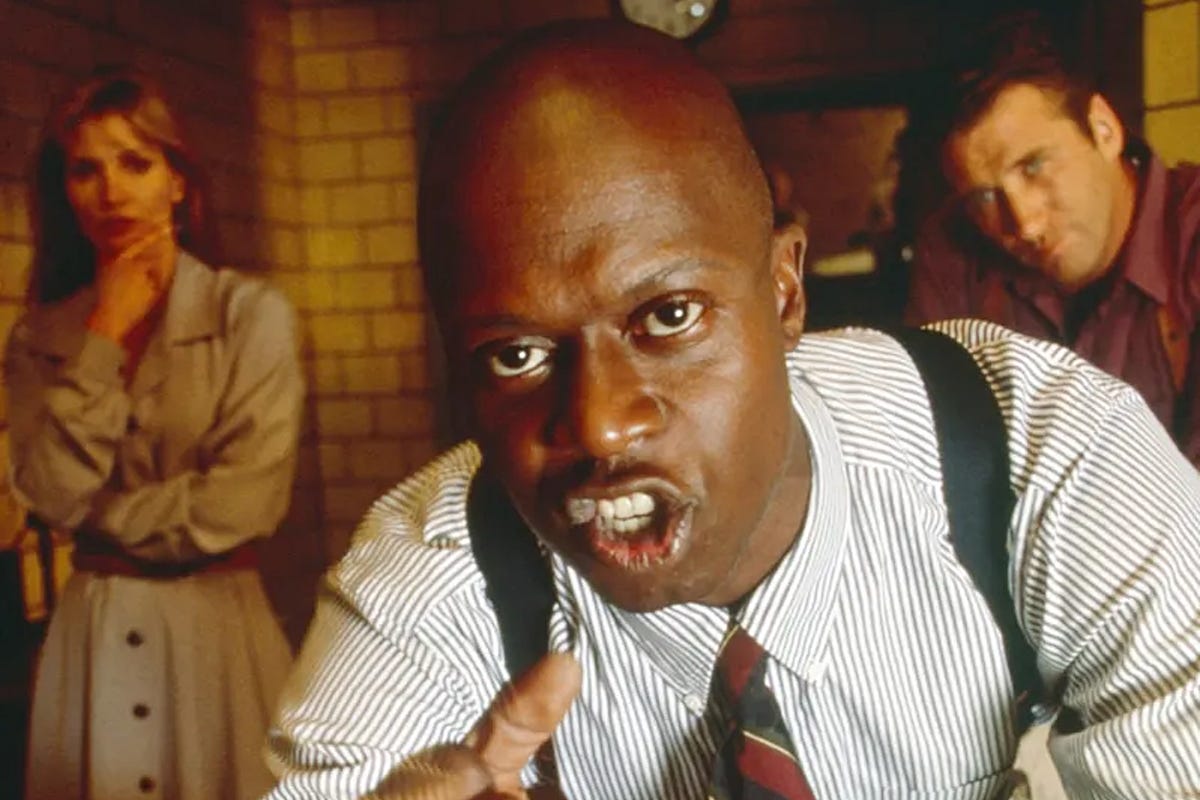
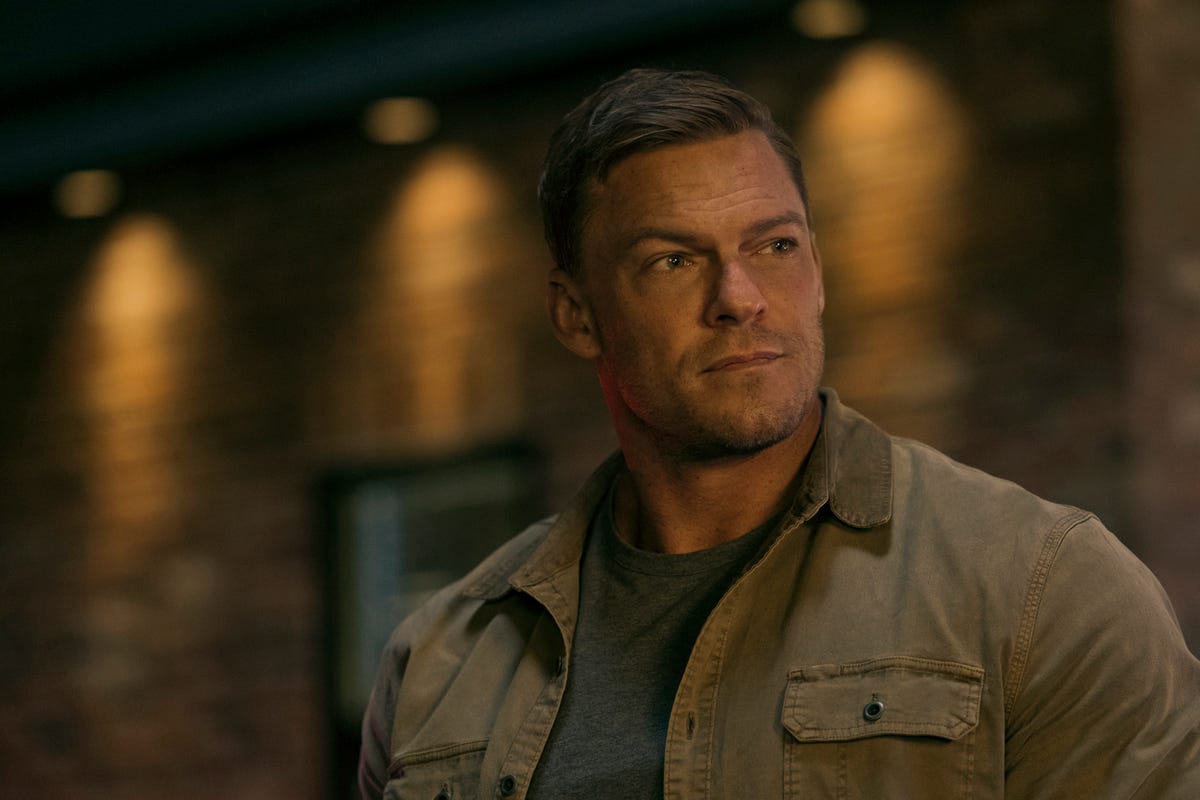
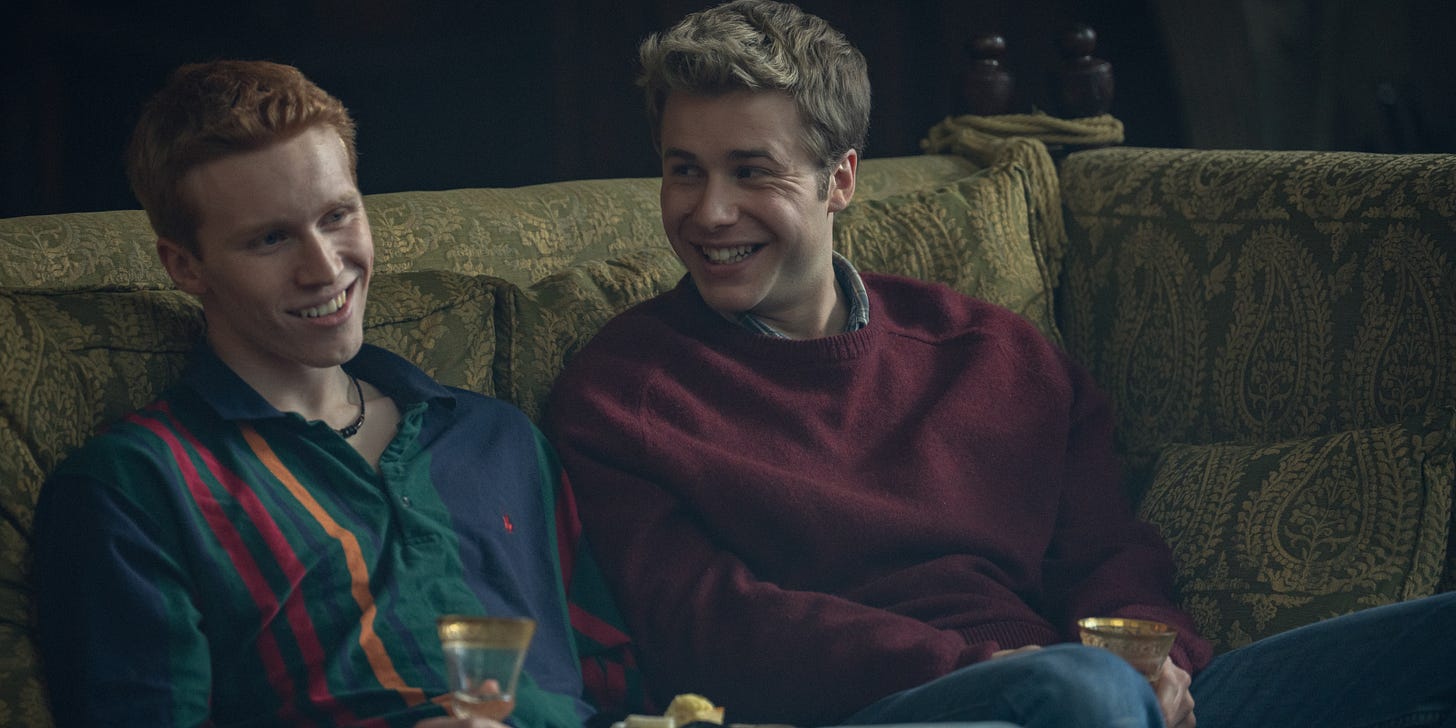
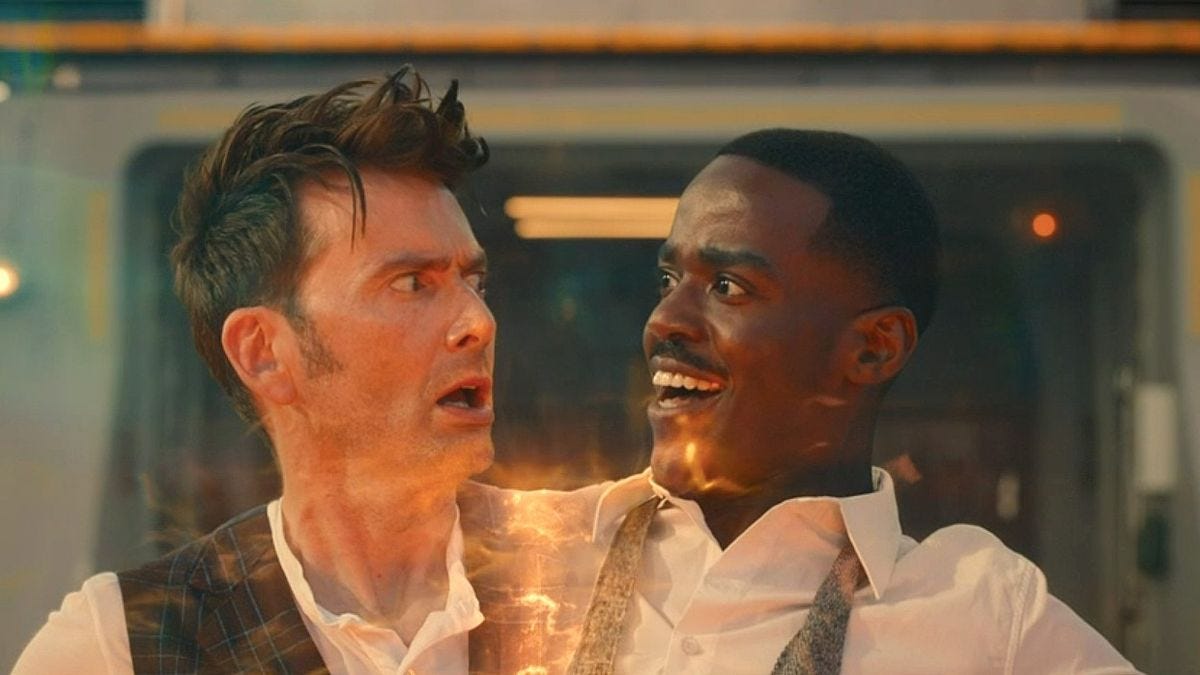
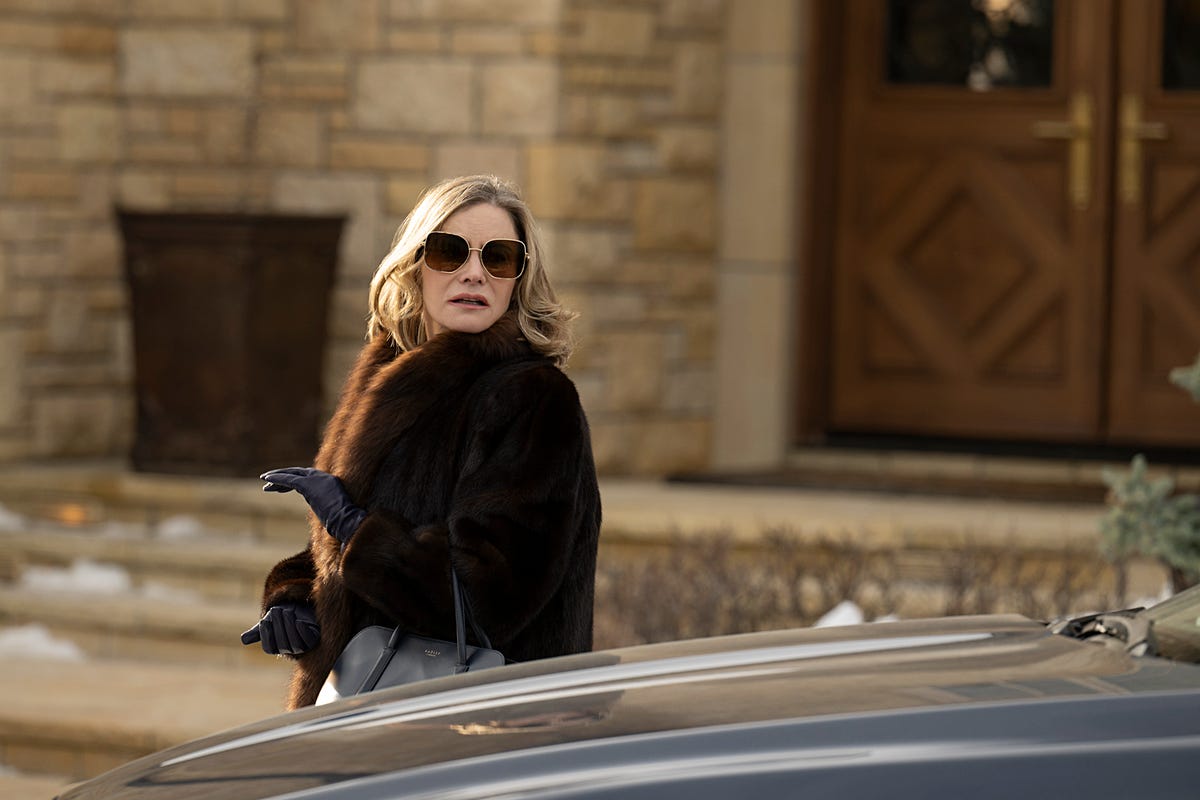
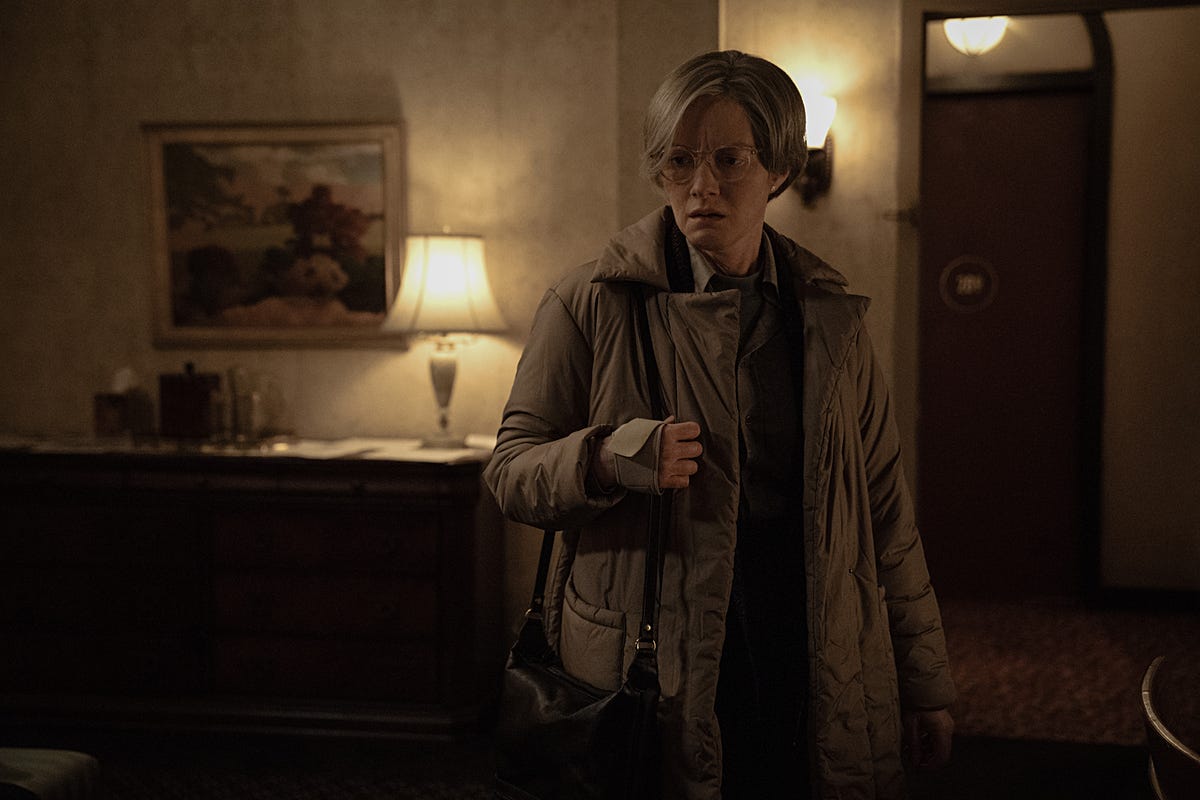
I thought somebody (maybe Ed) mentioned the plan to move Goldilocks to Earth during the unionization scene. The whole idea of old man Ed becoming a union boss just to stick it to Dani and co. was surprisingly funny to me.
Whatever you want. In store or via Bookshop are probably best?